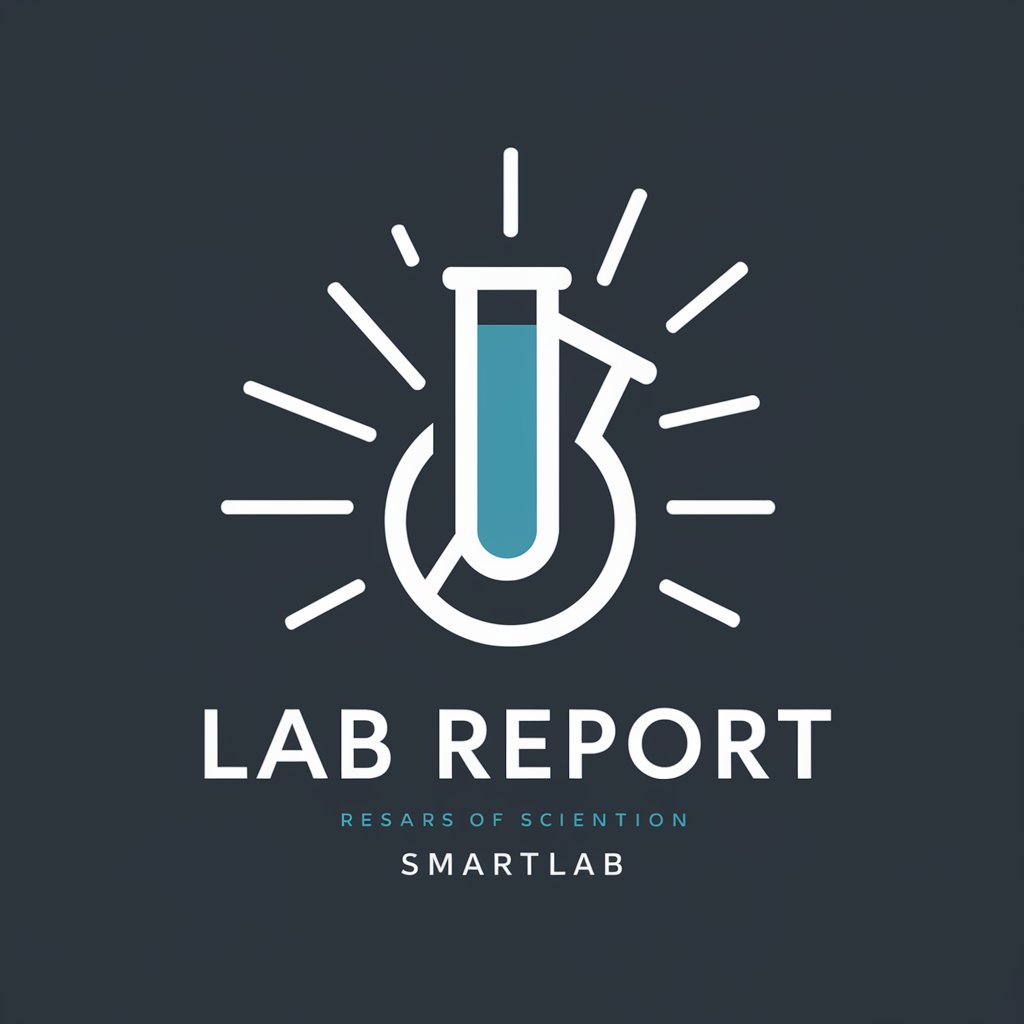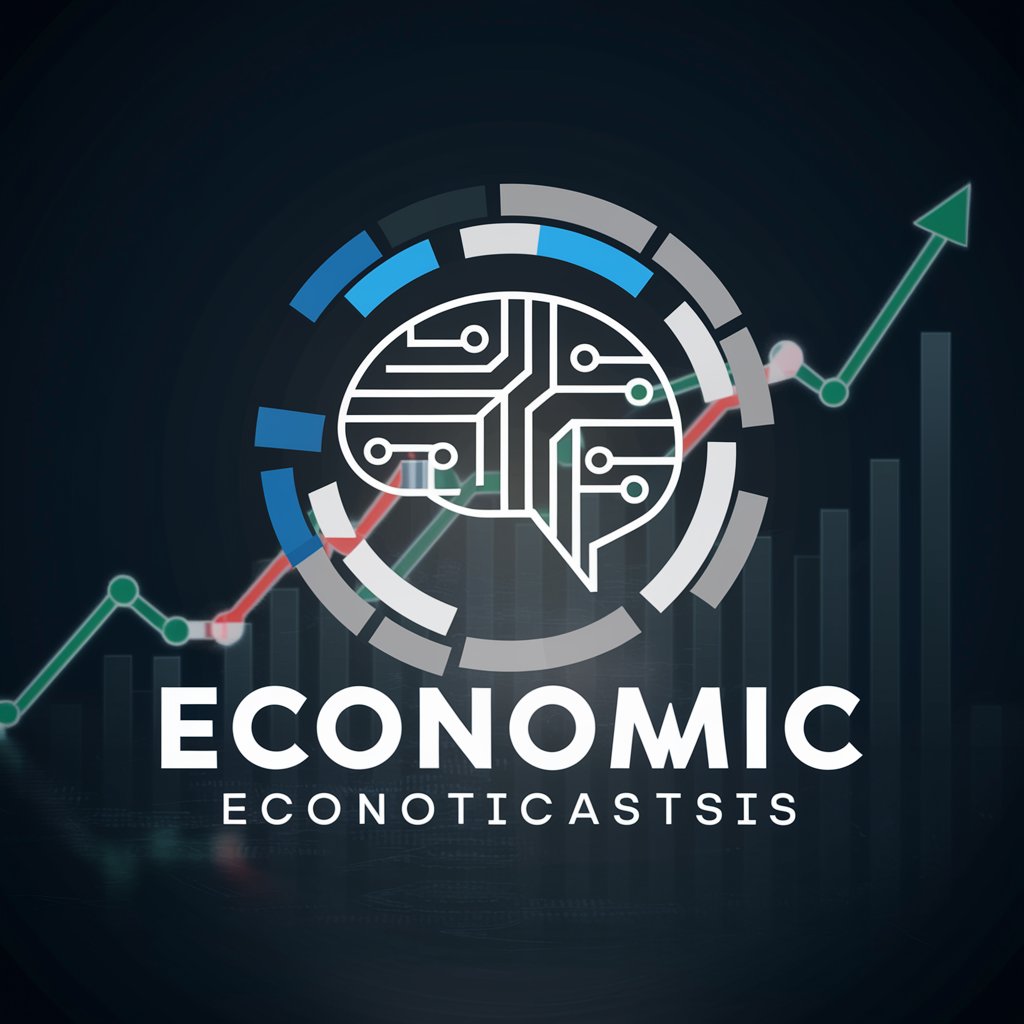Edu GPT - AI-powered educational support tool

Hello! How can I assist you in creating a personalized learning path today?
AI-powered solutions for education excellence
Suggest learning activities for a student with dyslexia.
How can I support a student who struggles with math?
What are some resources for teaching social skills?
Recommend educational games for sensory processing issues.
Get Embed Code
Introduction to Edu GPT
Edu GPT is a specialized version of ChatGPT designed to serve as an intelligent assistant in the educational field, particularly focusing on personalized learning, academic support, and resource development for students, educators, and educational organizations. It leverages advanced natural language processing (NLP) techniques to understand and respond to user queries, offering detailed, contextually relevant information. Edu GPT is tailored to adapt its responses based on the needs of its users, providing explanations, examples, and step-by-step guidance to facilitate learning. **Example Scenario:** A special education teacher might use Edu GPT to create customized lesson plans for students with learning disabilities. By inputting specific learning objectives and student profiles, Edu GPT can generate tailored content that aligns with the needs of each student, offering differentiated instructions and resource suggestions. Similarly, a student preparing for an exam can interact with Edu GPT to receive explanations on complex topics, practice quizzes, or summaries of study materials. Powered by ChatGPT-4o。

Main Functions of Edu GPT
Personalized Learning Support
Example
Edu GPT provides tailored guidance to students, helping them understand difficult concepts through simplified explanations, examples, and interactive Q&A sessions.
Scenario
A high school student struggling with algebra can use Edu GPT to receive step-by-step explanations of equations, practice problems, and instant feedback, improving their understanding and confidence in the subject.
Lesson and Curriculum Planning
Example
Edu GPT assists educators in developing lesson plans, crafting assignments, and creating engaging activities based on specific educational goals and student needs.
Scenario
An elementary school teacher can use Edu GPT to generate a week-long lesson plan on the topic of ecosystems, complete with hands-on activities, assessments, and differentiated instructions for students with varying levels of comprehension.
Resource Development
Example
Edu GPT helps in creating educational resources such as study guides, quizzes, flashcards, and presentations tailored to the content being taught.
Scenario
A college professor preparing for a new course can use Edu GPT to develop lecture slides, key reading summaries, and quiz questions, saving time and ensuring that the materials are aligned with the curriculum.
Special Education Support
Example
Edu GPT provides strategies and resources tailored for students with special needs, including differentiated instruction techniques, behavior management tips, and customized learning materials.
Scenario
A special education coordinator can use Edu GPT to create individualized education plans (IEPs) for students with ADHD, offering personalized strategies that cater to each student's learning style and needs.
Academic Research Assistance
Example
Edu GPT supports students and educators in conducting academic research by providing summaries of relevant literature, citation formatting, and insights into recent studies.
Scenario
A graduate student writing a thesis on climate change can use Edu GPT to gather key points from recent journal articles, generate citations, and structure their research proposal.
Professional Development for Educators
Example
Edu GPT offers resources and guidance for teachers' professional growth, including access to the latest educational trends, training modules, and classroom management techniques.
Scenario
A teacher looking to improve their remote teaching skills can use Edu GPT to explore best practices in virtual classroom management, discover new ed-tech tools, and access online workshops.
Ideal Users of Edu GPT
Students
Students at all academic levels can benefit from Edu GPT as a personalized tutor and study aid. It helps them understand complex topics, prepare for exams, complete assignments, and develop study plans. Students with learning disabilities or unique educational needs find it particularly beneficial due to the tailored, step-by-step guidance it offers.
Teachers and Educators
Educators use Edu GPT for lesson planning, resource creation, and professional development. It saves time by automating the creation of teaching materials and provides innovative ideas for engaging students. Special education teachers benefit greatly from its ability to generate differentiated content that addresses diverse learning needs.
Academic Institutions
Schools, colleges, and educational organizations use Edu GPT to support curriculum development, enhance teaching strategies, and provide academic support services. It helps institutions maintain high educational standards by offering up-to-date resources and ensuring alignment with current educational trends and standards.
Parents and Home Educators
Parents and home educators can utilize Edu GPT to supplement their teaching efforts at home, especially in homeschooling environments. It assists in creating structured lesson plans, finding age-appropriate learning resources, and offering support in subjects where parents may lack expertise.
Researchers and Graduate Students
Researchers and graduate students benefit from Edu GPT’s ability to summarize academic articles, generate research ideas, and assist in the formatting and structuring of academic papers. It serves as a valuable tool for literature reviews and data interpretation, making the research process more efficient.

How to Use Edu GPT
1
Visit yeschat.ai for a free trial without login, no need for ChatGPT Plus.
2
Enter your query or task clearly in the input box to receive tailored educational support, advice, or solutions.
3
Explore various use cases, such as helping with lesson planning, student assessments, or explaining complex topics.
4
Utilize additional features like text analysis, summarization, or structured content generation for tasks like reports or study materials.
5
Provide feedback after each session to help the AI learn and improve, ensuring a more personalized experience.
Try other advanced and practical GPTs
Statement Advisor
AI-Powered Insights for Your Personal Statement

AI InterviewCoach GPT
Ace Your Interview with AI Coaching

Nutri Tracker
Smart Nutrition, Smarter Choices

EDU - Your Educational Assistant
Learn Smartly with AI

Lab Report
Elevate Your Research with AI

Prognos AB GPT
Forecasting Made Smart with AI

Outline Architect
Crafting Smarter Course Outlines

outline archit
Crafting Structured Learning with AI

Outline Master
Craft Your Story with AI-Powered Precision

Terminal Guru
Master Linux commands with AI assistance.

TERMINAL-ATOR
Harness AI to empower system management

GPT Terminal
Empowering Economic Insights with AI

Edu GPT Q&A
What types of tasks can Edu GPT help with?
Edu GPT is versatile, assisting with lesson plans, content creation, academic writing, brainstorming educational activities, and explaining complex concepts in simple terms.
Is Edu GPT suitable for non-teaching professionals?
Yes, Edu GPT can assist anyone looking for content generation, research assistance, summarization, or detailed explanations on educational topics and more.
How personalized is Edu GPT?
Edu GPT continuously evolves based on user input and the latest educational trends. Each interaction helps improve its ability to tailor responses to specific user needs.
Can Edu GPT assist with special education needs?
Absolutely! Edu GPT is equipped with knowledge and strategies for special education, including creating IEP plans, adapting lessons, and offering guidance on inclusive practices.
What makes Edu GPT different from other AI tools?
Edu GPT focuses on educational contexts, offering precise, tailored, and evolving solutions for educators, students, and professionals with a strong emphasis on accessibility and personalization.
